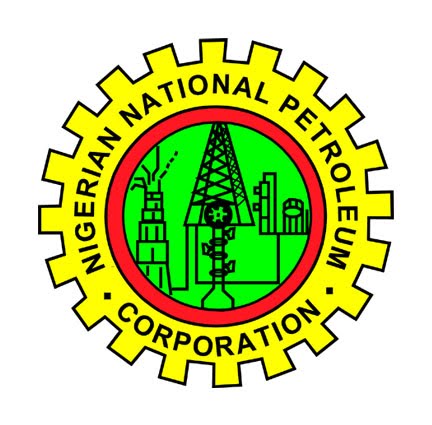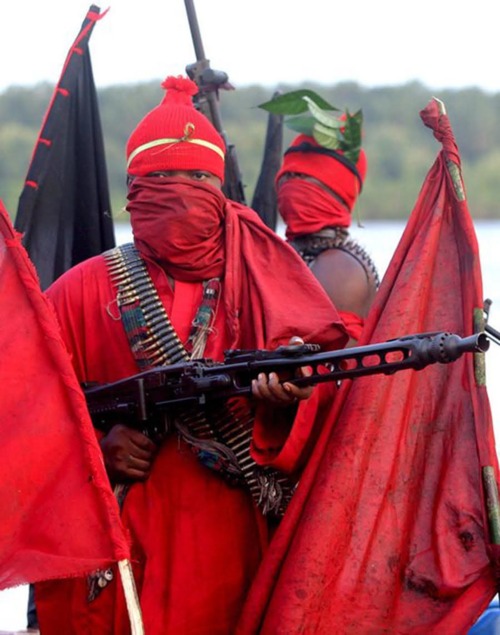One thing I noticed during the fuel subsidy saga earlier in the year was the demonization of most of the people somehow connected with the oil industry. The oil marketers are wicked and evil, the NNPC staff are wicked and evil, the PPRA guys are wicked and evil, how could anyone with a conscience do all that, and so on. Are these people really “bad” people? If we locked them all up and replaced them with better people would it make any difference? Or are these people just making rational decisions like any other person would?
In thinking about this problem it is useful to use some simple examples.
One of the less talked about discoveries during the saga was the crude oil swap scam. Basically crude oil was being swapped at rates below official rates leaving a margin that just vanishes. Is this under pricing rational behavior?
The two parties involved in this swap deal are the bulk importer and the department at the NNPC that pays the bulk importer. Before the swap takes place the importer knows they can get more swapped crude oil if the crude oil is priced at a lower rate. The department also knows it can get more revenue by under-pricing the swapped crude oil. It has to account for all swapped crude oil but not any side revenues. In essence we have a situation where both parties making the transaction can make themselves better off by allowing some corruption. The bulk importer can get a lot more under priced swapped crude oil if it pays just a fraction of the extra back to the department. The department can get more revenues that it doesn’t have to account for if it under prices the swapped crude oil. Both parties can make themselves better off and will if the benefits are large enough.
Are the benefits large enough? 15m liters of fuel at a cost of say N100 per liter is worth about 90000 barrels of crude oil. If the swapped crude oil is under priced by $1 per barrel and both parties split that 50/50 then the department can make $45000 a day or N2.7bn a year from just under pricing swapped crude by $1. This is at a very generous 15m liters a day fuel imports.
If both parties have the opportunity to make this happen will they take it? Probably. Most Nigerians who face this opportunity will take it as well. It is not really a measure of the lack of morals but of the extra-large benefits that could be made. Corruption, in this case, arises not because the parties are evil but because one of the parties does not suffer any loss from making a bad deal. The department does not lose anything from under pricing crude oil. Sacking and jailing the management of the department will only force the next set of managers to work harder at covering their tracks. Probably in collaboration with offshore Swiss banks.
This kind of set up for corruption is present right through the oil industry where deals are not made by the parties who actually use the product but by some independent 3rd party. A DPR, PPRA, various departments at the NNPC and so on. Solutions for dealing with this will have to go beyond just locking people up and will have to include structural changes. In this particular example breaking up the department into two separate units, one to sell crude oil for cash, and the other to buy imported fuel for cash, will probably reduce the level of corruption. The best case scenario is to not have any departments and let every local distributor or marketer buy fuel from wherever they like.

